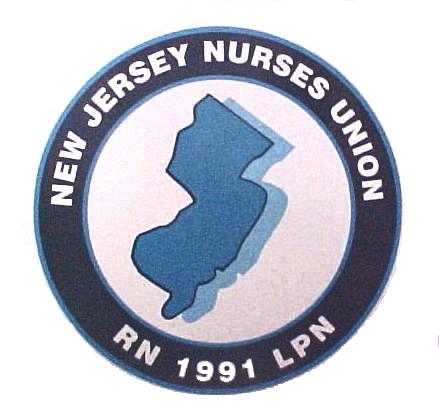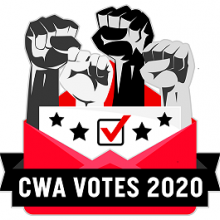This is what the Department of Labor Says about the Mandatory Overtime Law:
Q. Is there a law that protects health care workers from being forced to work overtime?
A. Yes. The New Jersey Mandatory Overtime Restrictions for Health Care Facilities stipulates the conditions under which health care facilities may require certain hourly employees to work overtime. The law is contained in N.J.S.A. 34:11-56a31 et seq. The regulations are contained in N.J.A.C. 8:43E-8.1 et seq.
Q. Who is covered under the law for mandatory overtime restrictions?
A. Hourly workers who are involved in direct patient care activities or clinical services and are employed by a health care facility (see below for definition of health care facility). This may include nurses and nurse’s aides, but not doctors. For a list of employees that are not covered, click on N.J.A.C. 8:43E-8-2.
Q. What is a “health care facility?”
A. A “health care facility” means a health care facility licensed by the New Jersey Department of Health and Senior Services, a State or county psychiatric hospital, a State developmental center, or a health care service firm registered by the Division of Consumer Affairs in the Department of Law and Public Safety.
Examples of a health care facility include hospitals, nursing homes, outpatient clinics, comprehensive rehabilitation hospitals, residential health care facilities, residential drug and alcohol treatment facilities, adult day health care facilities, assisted living residences, comprehensive personal care homes, home health care agencies, hospice care agencies, maternal and child health consortia, and health care service firms.
Q. Are health care facilities required to post a notice regarding the mandatory overtime restrictions?
A. Yes. Health care facilities are required to post the notice “New Jersey Mandatory Overtime Restrictions for Health Care Facilities” (MW-377) in a conspicuous place.
Q. Can an employer fire an employee who refuses to work overtime?
A. If the employee is a “covered” health care worker under the law for Mandatory Overtime Restrictions for Health Care Facilities, the employer is prohibited from discriminating or discharging an employee who refuses to work overtime.
Q. When can a health care facility require certain hourly employees to work overtime?
A. In order to comply with the provisions of the law, a health care facility must meet the following three requirements:
The required overtime must be in response to an unforeseeable emergent circumstance and only as a last resort and not used to fill vacancies resulting from chronic short staffing.
An “unforeseeable emergent circumstance” means an event that is unpredictable and non-recurring relating to health care delivery that requires immediate action.
“Chronic short staffing” means a situation characterized by long standing vacancies that remain unfilled over a period of 90 days or more.
The employer has exhausted reasonable efforts to obtain staffing. This means that the employer shall:
• seek volunteers to work overtime
• contact “on-call” employees
• seek the use of per diem staff
• seek personnel from a contracted temporary agency when such staff is permitted by law or regulation.
The employer shall provide the employee with necessary time, up to a maximum of one hour, to arrange for the care of the employee’s minor children or elderly or disabled family members.
Q. What can I do if I was required to work overtime but I do not believe my employer met the requirements of the law?
A. If you believe that your employer did not meet the requirements of the law, you can file a Mandatory Overtime Complaint form (MW-31OT). Click on the form number to obtain a copy of this form or contact the Division of Wage and Hour Compliance at (609) 292-2305. Submit the completed form by mail, fax, or e-mail to the address shown at the top of the form.
Q. What happens after I file a Mandatory Overtime Complaint?
A. After the Division of Wage and Hour Compliance receives your complaint, you will be sent a letter acknowledging its receipt. Your complaint will be reviewed to ensure that the type of work you do and the employer you work for are covered under the law for Mandatory Overtime Restrictions. Your employer will then be notified that a complaint has been filed. Your employer will also be supplied with a copy of your complaint and asked to complete a questionnaire regarding the mandatory overtime.
After your employer’s response is received, it will be reviewed and a decision will be made whether the employer met the requirements of the law. Both you and your employer will be notified of the outcome. An employer who is in violation of the law will be subject to monetary penalties in accordance with N.J.A.C. 12:56-1. The person who filed the complaint will not be compensated for any damages collected from the employer.

